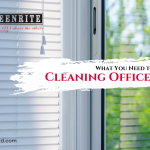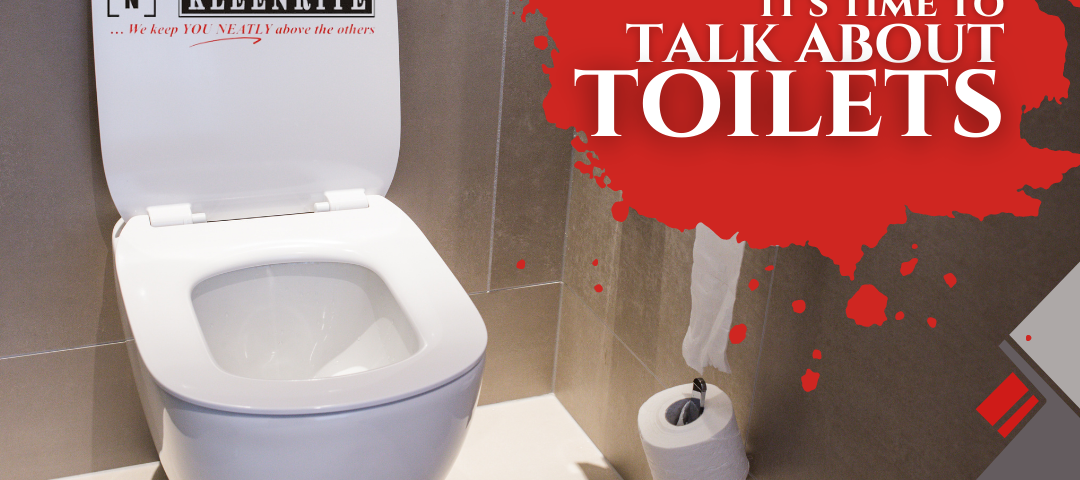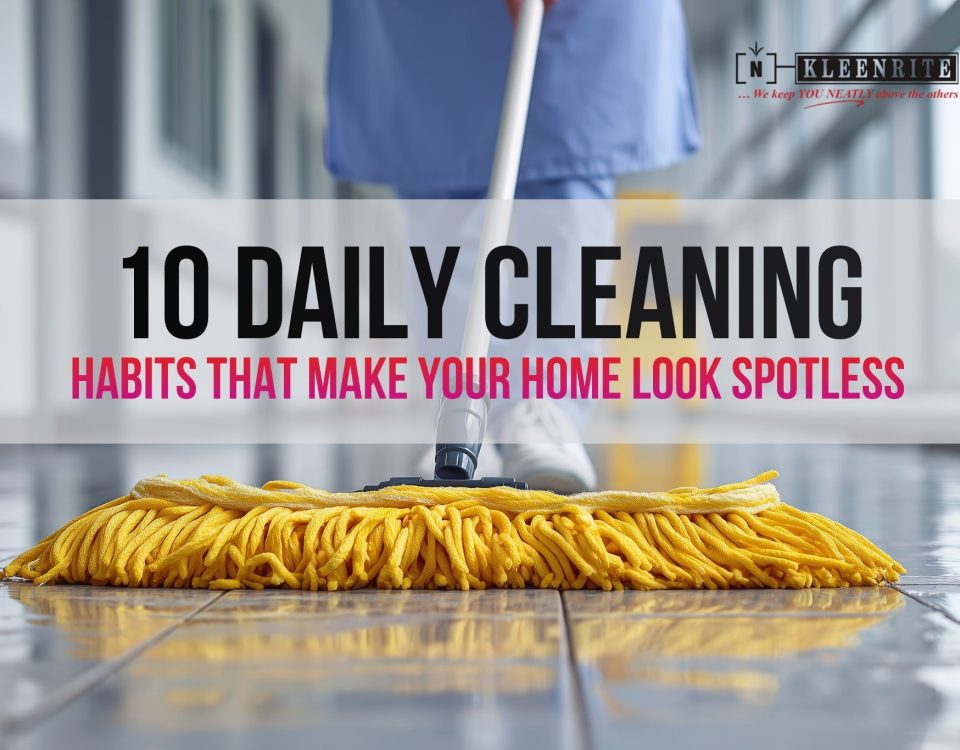
What You Need to Know About Cleaning Office Blinds
January 15, 2022
Here are 4 Tips to Keep Your Reception Area Tidy
March 25, 2022We discussed smells in the office in December 2021. We did not put much emphasis on toilets due to their grossness.
The truth is, we’re pretty tough cleaners, and we don’t care about them at all. In fact, we clean toilets every day, so we don’t have a problem with that. This conversation is more important.
It’s time to talk about toilets
Toilets are essential for all of us. We all know how they function. Why don’t we talk about it? Not so cute!
The truth is, if we didn’t know about toilets, we wouldn’t make very good office cleaners. It’s not our intention to boast, but we really want you all to see how good we are. Toilets will, of course, rear their heads at some point.
Our goal is to keep things classy and avoid the horror stories, so we’ll get to the important stuff: how to deal with smells and how to make the office toilets more pleasant for everyone.
Keep your hands on the wheel – we are going inside (not literally).
The types of restrooms in offices
A typical office has two kinds of toilets: communal toilets in large teams of purpose-built offices and single toilets in smaller or converted office spaces.
At times, there are urinals, at other times only cubicles.
Toilet blocks made for special purposes are usually easier to clean, despite their size. A large part of the floor is covered with solid surfaces, there is almost no dust to contend with, and no pipework is present. Urinals are more common in large buildings, and they are easier to clean.
It’s harder to build single toilets since they’re usually an adaptation to a need rather than being designed for a specific use. It doesn’t matter what the nooks, crannies, or odd dust-collecting additions are, we’ve seen them all! As a result, they usually require less cleaning than toilet blocks, which in a large commercial office require regular cleaning during the day.
You should clean the toilets based on the size of your team, the size of the toilets, and how often people use them. For example, a small office with a single toilet might only need a weekly cleaning, whereas an office with several cubicles might need cleaning several times a day.
How do professional cleaners clean toilets?
Professional cleaners use products similar to those used in the home. There are usually differences in their appearance and labelling, but they do the same thing. It is often recommended that vinegar be used to decalcify the water around taps, toilets, sinks, etc.
To prevent germs in the workplace, office cleaners also use a general disinfectant, such as bleach. Toilets and common surfaces are treated with this.
Once the decalcifier has begun its work, a pumice stone can be used to remove stubborn stains that a toilet brush can’t handle. Despite its abrasive nature, pumice is softer than porcelain, so it won’t scratch like wire wool can.
Paper towels are another thing that professional office cleaners might use. Due to their disposable nature, they won’t contaminate like sponges or cloths, so you can use them for mucky work without having to worry about germ spreading.
Office cleaners use different techniques, but they’re always fast. Cleaning products are applied in the right order, which ensures an efficient clean. In most cases, limescale remover comes first, followed by cleaning and disinfecting other surfaces- after the toilet is scrubbed and disinfected, everything is given a final wipe with paper towels, for a final clean and dry.
Disposal of waste
The proper disposal of toilet waste is important. When insulin is taken or sanitary products are changed, the toilet is often used – and the waste must be treated carefully.
If you have office toilets, make sure they are equipped with safe disposal units and bins. You should also encourage your staff to use the appropriate bins when needed.
It is important for office cleaners to handle toilet waste carefully, because there may be sharp items. They should also take care to put warning labels (for customers and staffs) on the bags and the waste.
What to do about odours
Let’s just be honest here. We dispose of our waste in the toilets, so they are smelly. It can’t be avoided. But we can reduce the fallout by using air fresheners and ensuring that there is good ventilation.
If you regularly clean toilets with windows, you can usually avoid smell buildup when they’re open. The smell, however, can sometimes linger. Some smells should definitely be investigated – they could be related to a leak.
These methods should help you keep odours at bay:
- Install automatic air freshener system.
- Make sure the bins are emptied with care.
- Utilize scented cleaning products and clean regularly
- Open windows and keep vents clear for proper ventilation.
- Hire office cleaners to handle it for you.
A professional office cleaning team such as Kleenrite Cleaning Service has extensive experience with the cleaning of office toilets. You can reach us at 0803 620 8815 today to find out how we can clean every corner of your office, while disrupting your business to the minimum.


